
The Cuban Exodus
So long as Cubans’ rage and despair remain, the government cannot afford to curtail emigration. And there is no end in sight.


So long as Cubans’ rage and despair remain, the government cannot afford to curtail emigration. And there is no end in sight.

Memoirs of a Weatherman.

Nicholas Mulder’s account of the modern economic sanctions regime sheds new light on an era of extreme destabilization and destruction.
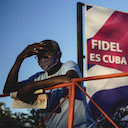
The July 11 protests fused economic and political grievances. A struggle is taking place in Cuba over what happens next.
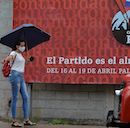
Raúl Castro has relinquished his post as General Secretary of the Cuban Communist Party. The government speaks of continuity, and only continuity.
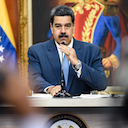
Five social scientists on what the U.S. election might mean for the future of Venezuela.

#LaMarchaVa represents a crisis of the state’s monopoly on information. By breaking with the standard methods and norms of participatory politics in Cuba, activists and the government find themselves in unknown territory.
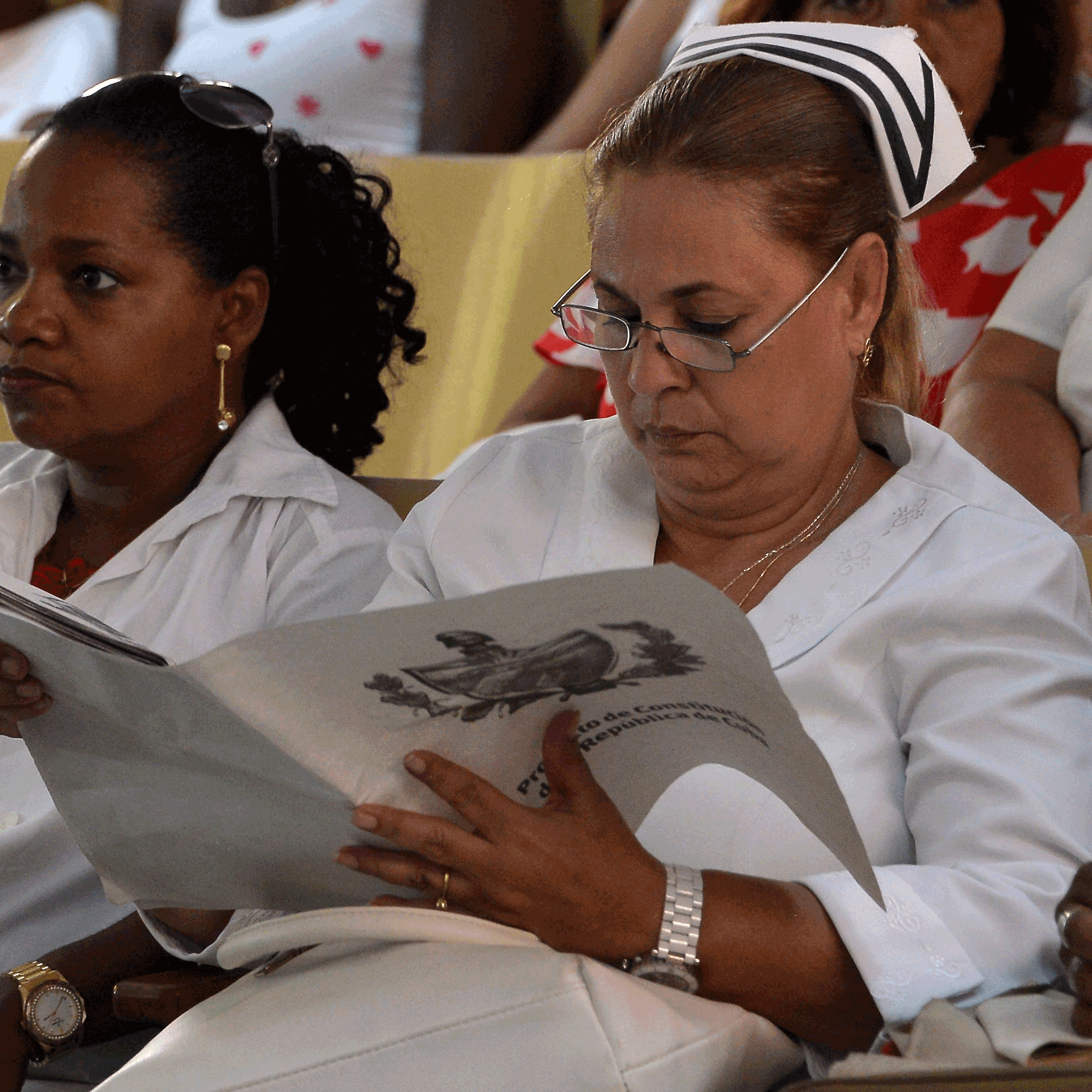
Since August 2018, one of the most important political processes of the last few decades has been taking place in Cuba: a public debate over a proposed constitution.

If the Cuban government focuses solely on economic reforms and limits political reform to cosmetic or ineffectual changes, it will be like cast iron: hard but brittle.
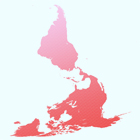
Watch videos of all eight panels at our conference on the Future of the Left in the Americas, October 5–6 at the New School.

As the country prepares for a historic presidential succession, ending the Castros’ nearly sixty-year grip on the highest office, inequality is growing and ordinary Cubans are increasingly disaffected. A report from Havana.
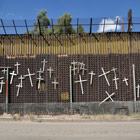

George Borjas argues that a protectionist approach towards immigration would be good for American workers. Economists almost universally disagree.

Fidel Castro cloaked himself in protean myths. But learning from his life and the Cuba he governed requires looking past the mythologies to squarely face both the powers arrayed against him and the costs of the decisions he made to confront them.
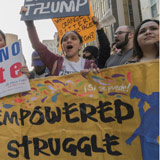
Pan-Latino identity, once the result of a sort of strained political imagination, is increasingly real—and recognizing its potency will be central to building a new progressive movement in the United States.

In her new book, Our Sister Republics, Caitlin Fitz exhumes a forgotten moment in the history of the Americas, a time when residents of the newly formed United States came to see Latin Americans as partners in a shared revolutionary experiment.